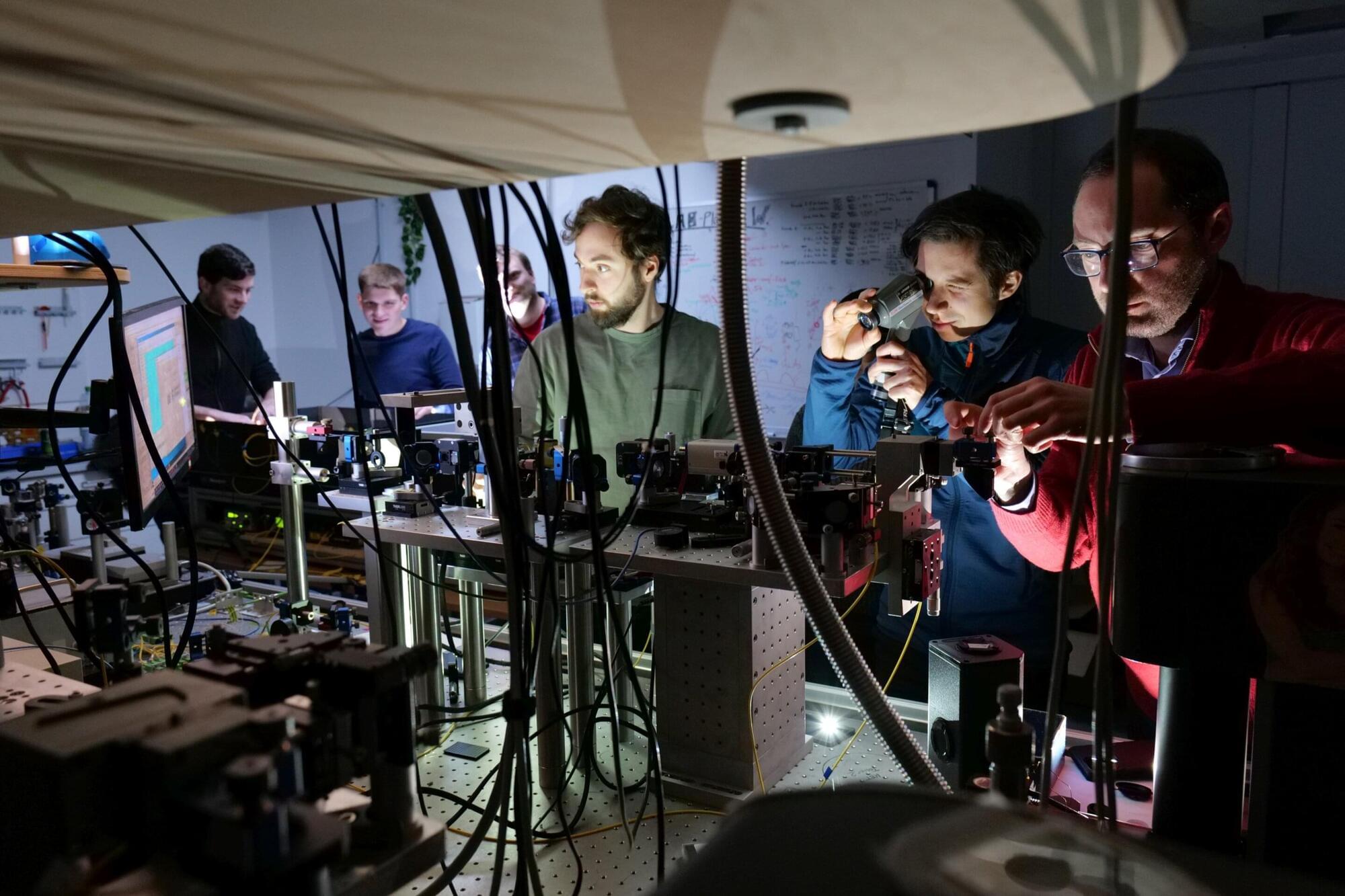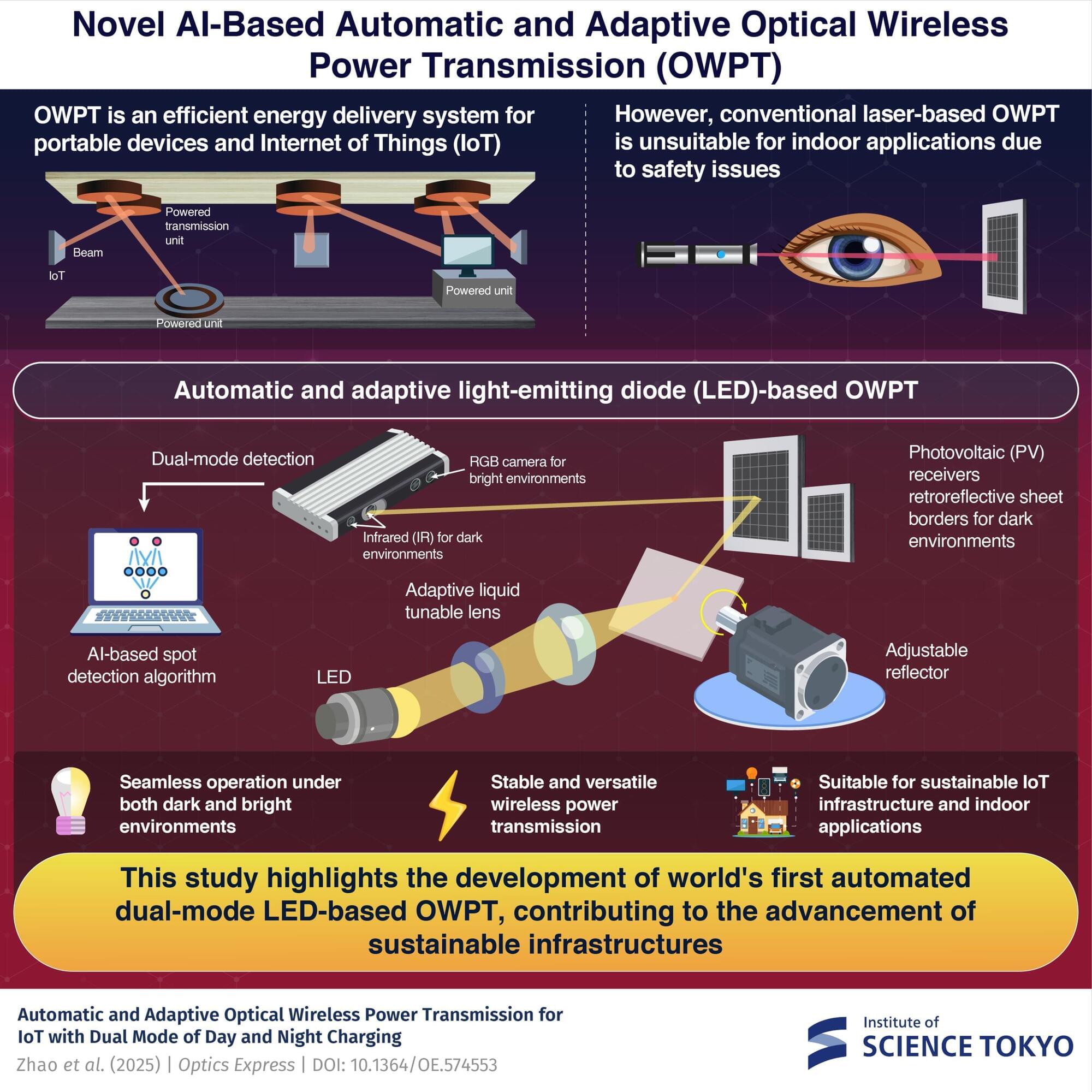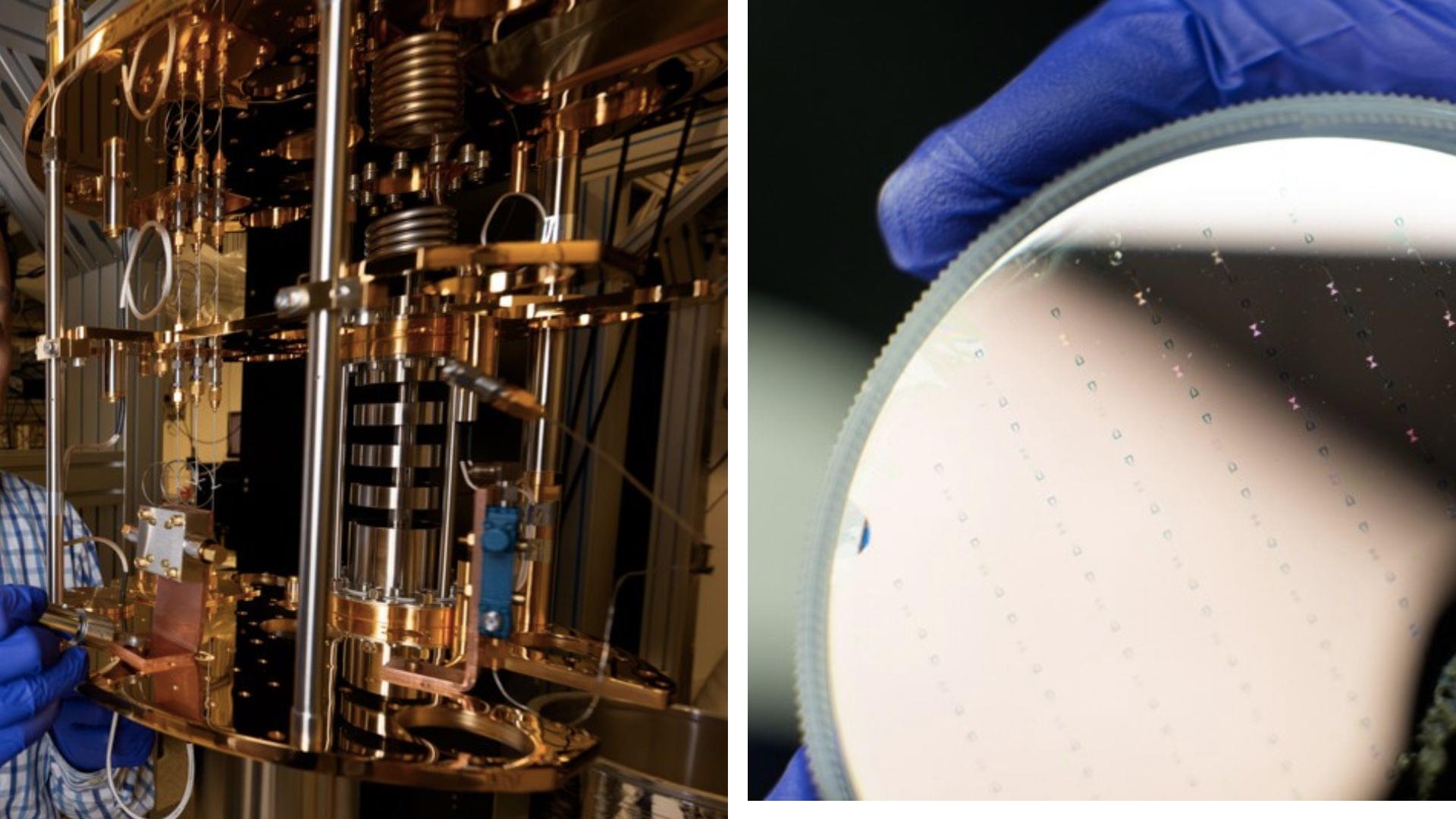Understanding the properties of different materials is an important step in material design. X-ray absorption spectroscopy (XAS) is an important technique for this, as it reveals detailed insights about a material’s composition, structure, and functional characteristics. The technique works by directing a beam of high-energy X-rays at a sample and recording how X-rays of different energy levels are absorbed.
Similar to how white light splits into a rainbow after passing through a prism, XAS produces a spectrum of X-rays with different energies. This spectrum is called as spectral data, which acts like a unique fingerprint of a material, helping scientists to identify the elements present in the material and see how the atoms are arranged. This information, known as the “electronic state,” determines the functional properties of materials.
Boron compounds have significant applications in semiconductors, Internet-of-Things (IoT) devices, and energy storage. In these materials, atomic modifications, structural defects, impurities, and doped elements, each produce unique, complex variations in spectral data. Detailed analyses of these variations provides key insights into their electronic state and is crucial for rational material design. Traditionally, however, such analyses required extensive expertise and manual labor, especially when large datasets have to be examined visually.








